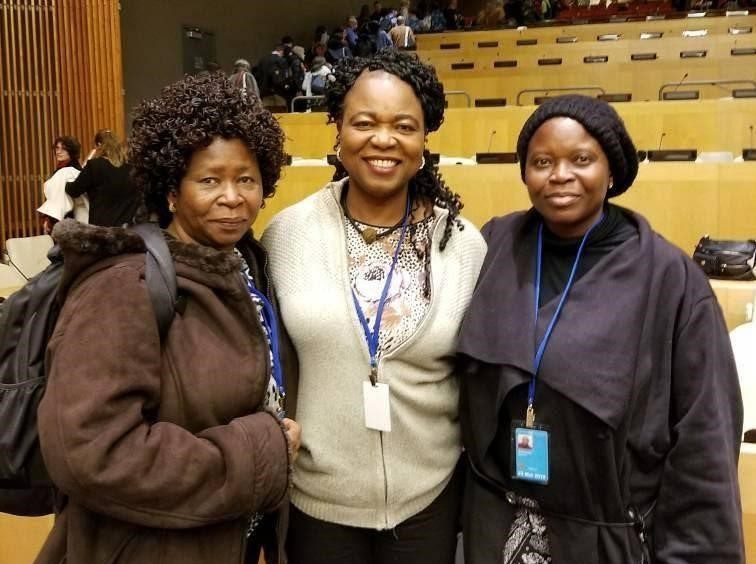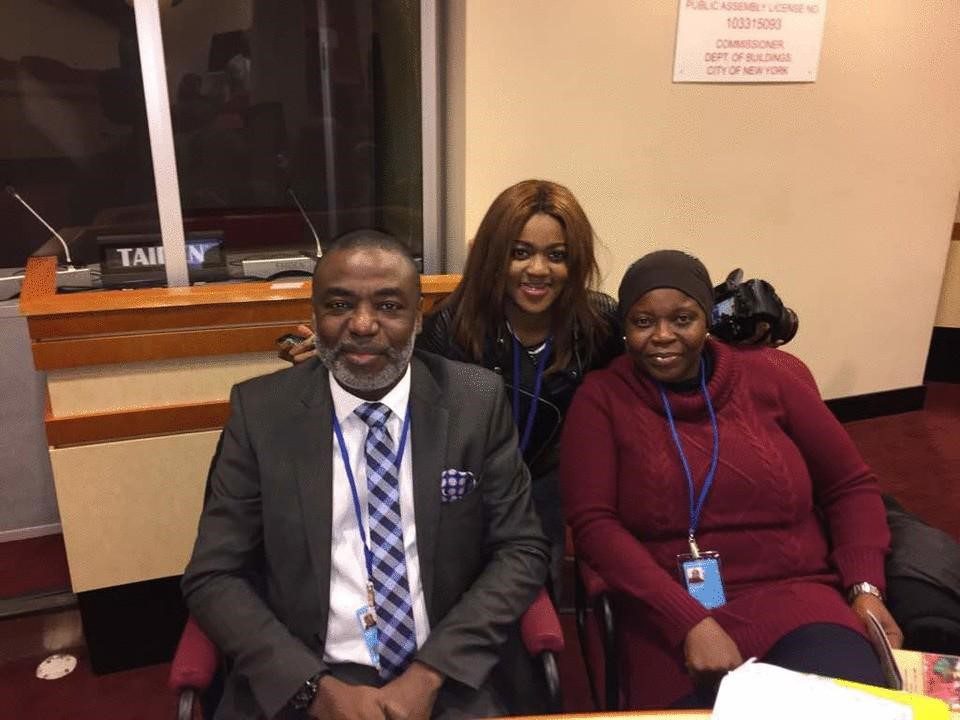
We attended the 62nd session of Commission on the Status of Women (#CSW62) which happened at the United Nations Headquarters in New York from March 12 – 23, 2018 in continuation of our advocacy for gender parity for women living in rural areas across the globe, with special focus on those living in the Niger Delta region of Nigeria where we are working to facilitate equitable economic development and sustainable peace.
The theme for this year’s session focused on challenges and opportunities in achieving gender equality and the empowerment of women and girls living in rural areas.
According to information provided by UN Women, more than 4,300 representatives from over 600 Civil Society Organizations (CSOs), and 170 member states attended the 2018 CSW. The figures indicated increase from previous year’s participation “showing a growing strength and unity of women’s voices around the world, and showcasing the potential for civil society to leverage the agreed conclusions in their mission to hold governments accountable”.
This was the first time PIND would attend the conference, with our organization’s Deputy Executive Director, Tunji Idowu, and Capacity Building Program Manager, Bose Eitokpah, in attendance. Before this, we joined the global community to commemorate International Women’s Day by hosting an outreach for 300 rural women farmers in Mezie Umukabia Ogodor Community in Ngor Okpala LGA of Imo State on March 6, 2018. This outreach was an opportunity to facilitate interactions between the Aladinma All-Women Multi-purpose Cooperative, a cooperative of rural women cassava farmers previously trained by us, and stakeholders like the media, government representatives, legislators, agricultural service providers and other women farmers’ cooperatives, to share their successes and constraints and present opportunities for collaboration.
A key focus of the CSW was the 2030 Agenda for Sustainable Development enveloped in the 17 Sustainable Development Goals. Of the 17 goals, we are contributing to the achievement of 10 of these goals by facilitating partnerships for equitable economic development and sustained peace in the Niger Delta. This translates to Goals 1, 2, 3, 5, 6, 7, 8, 11, 16, and 17. We are especially focused on mainstreaming gender in all our program and project areas; a process for ensuring equitable participation of women and men and making their concerns and experiences an integral part of Project/Program design, implementation, monitoring and evaluation as well as operations.

Tunji Idowu, PIND’s Deputy Executive Director, Enitan Okediji, Media Consultant to the Nigerian Federal Ministry of Women Affairs and Bose Eitokpah, PIND’s Capacity Building Manager at the 62nd Commission on the State of Women Conference in New York.



